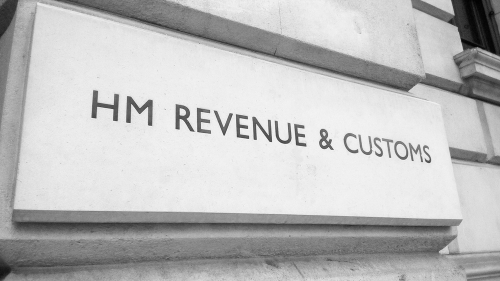
The remittance basis of tax is an optional tax treatment that allows individuals who are resident but not domiciled in the UK to pay tax on foreign source income and gains only if they are remitted to the UK in exchange for paying a fee. The fee is set at £30,000 where the person has been resident for at least seven of the previous nine tax years and at £60,000 where the person has been resident in at least 12 of the previous 14 tax years. Where unremitted income and gains are less than £2,000 in the tax year, no fee applies.
For all UK tax purposes, an individual is deemed to be domiciled in the UK if they have been resident in the UK for at least 15 of the previous 20 tax years.
The remittance basis will cease to apply from 6 April 2025. Instead, it will be replaced with a new residence-based regime.
The new regime
At the Spring 2024 Budget, the then Government announced a serious of changes to the rules for non-doms, including the abolition of the remittance basis and, subject to some transitional rules, the introduction of a new residence-based regime. The proposals are being taken forward by the current Government, albeit with some changes, and will apply from 6 April 2025.
Under the new regime, all UK residents will be taxed on their worldwide income wherever arising, regardless of their domicile. This is subject to an exemption for new arrivals who will benefit from a 100% tax exemption for foreign source income and gains for their first four years of residence, provided that they have not been UK resident in the previous ten years.
A form of Overseas Workday Relief will continue to apply. This provides relief from UK tax for earnings from work performed abroad which are not remitted to the UK. The Government are to consult on what this will look like going forward.
The previous Government’s proposals included a 50% reduction in the foreign income subject to UK tax in 2025/26 (the first year of the new regime) for individuals who lose access to the remittance basis from 6 April 2025 and who are not eligible for the 100% exemption for new arrivals. The new Government are not going ahead with this.
UK residents who are not able to benefit from the four-year exemption for new arrivals will be liable to capital gains tax on foreign gains. However, where the remittance basis has been used, UK capital gains tax will only apply to gains arising after the ‘rebasing date’ which is to be announced at the October 2024 Budget.
Foreign income and gains that arose prior to 6 April 2025 while the individual was taxed under the remittance basis will continue to be taxed when remitted to the UK. This will apply to remittances of pre-6 April 2025 foreign income and gains of individuals eligible for the four-year exemption for new arrivals.
A temporary repatriation facility will be available to individuals who have been taxed on the remittance basis which will enable them to remit foreign income and gains arising before 6 April 2025 and pay tax at a reduced rate on the remittance for a limited period after the remittance basis has ended. The length of this period has yet to be announced.
Inheritance tax
The current inheritance tax rules are domicile based. This will cease to be the case from 6 April 2025 when inheritance tax will also become residence based. This change will affect the property within the charge to inheritance tax.
The proposal is that a basic test will apply to determine whether non-UK assets are liable to UK inheritance tax. This will depend on whether the person has been resident in the UK for ten years prior to death or another chargeable event and will be subject to a proviso that will keep the person within the scope of UK inheritance tax for ten years after they leave the UK.
The use of excluded property trusts to keep assets outside the scope of inheritance tax will also be brought to an end.